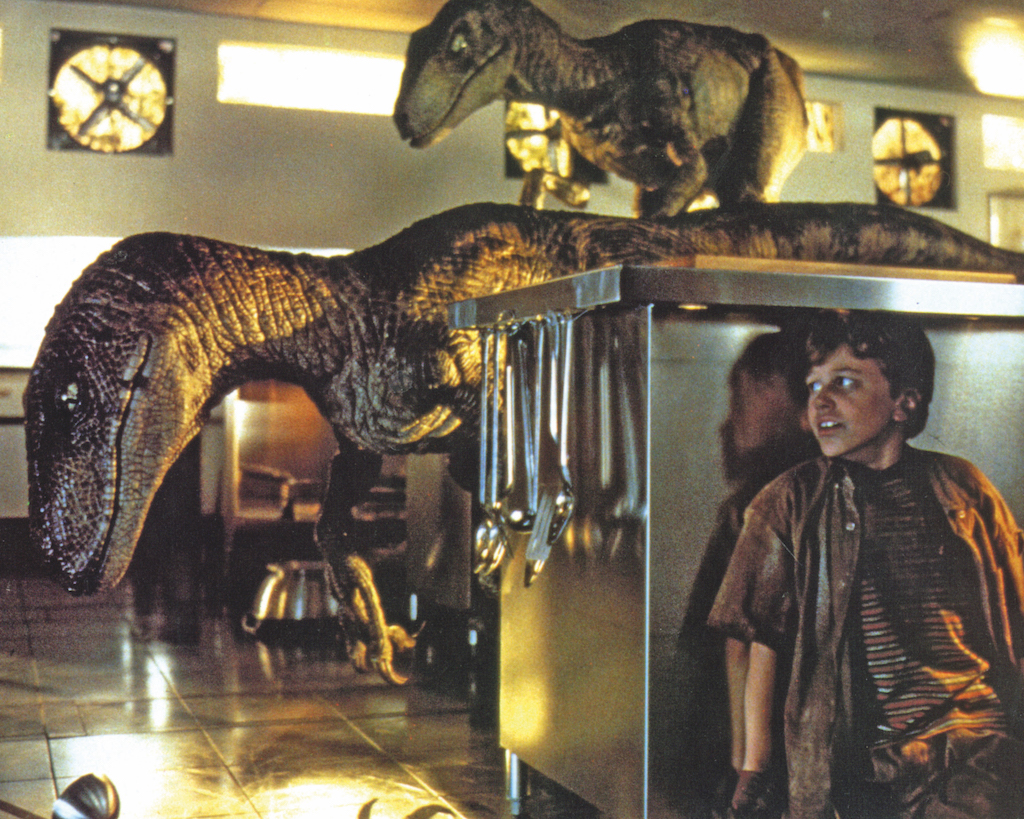
Ailsa Harvey
Ailsa is a staff writer for How It Works magazine, where she writes science, technology, history, space and environment features. Based in the U.K., she graduated from the University of Stirling with a BA (Hons) journalism degree. Previously, Ailsa has written for Cardiff Times magazine, Psychology Now and numerous science bookazines. Ailsa's interest in the environment also lies outside of writing, as she has worked alongside Operation Wallacea conducting rainforest and ocean conservation research.
Latest articles by Ailsa Harvey

Winter: The coldest season
By Nola Taylor Redd published
Reference Winter, the coldest season of the year, comes between autumn and spring. It is associated with plunging temperatures and icy weather, but its impact and timing change according to location.
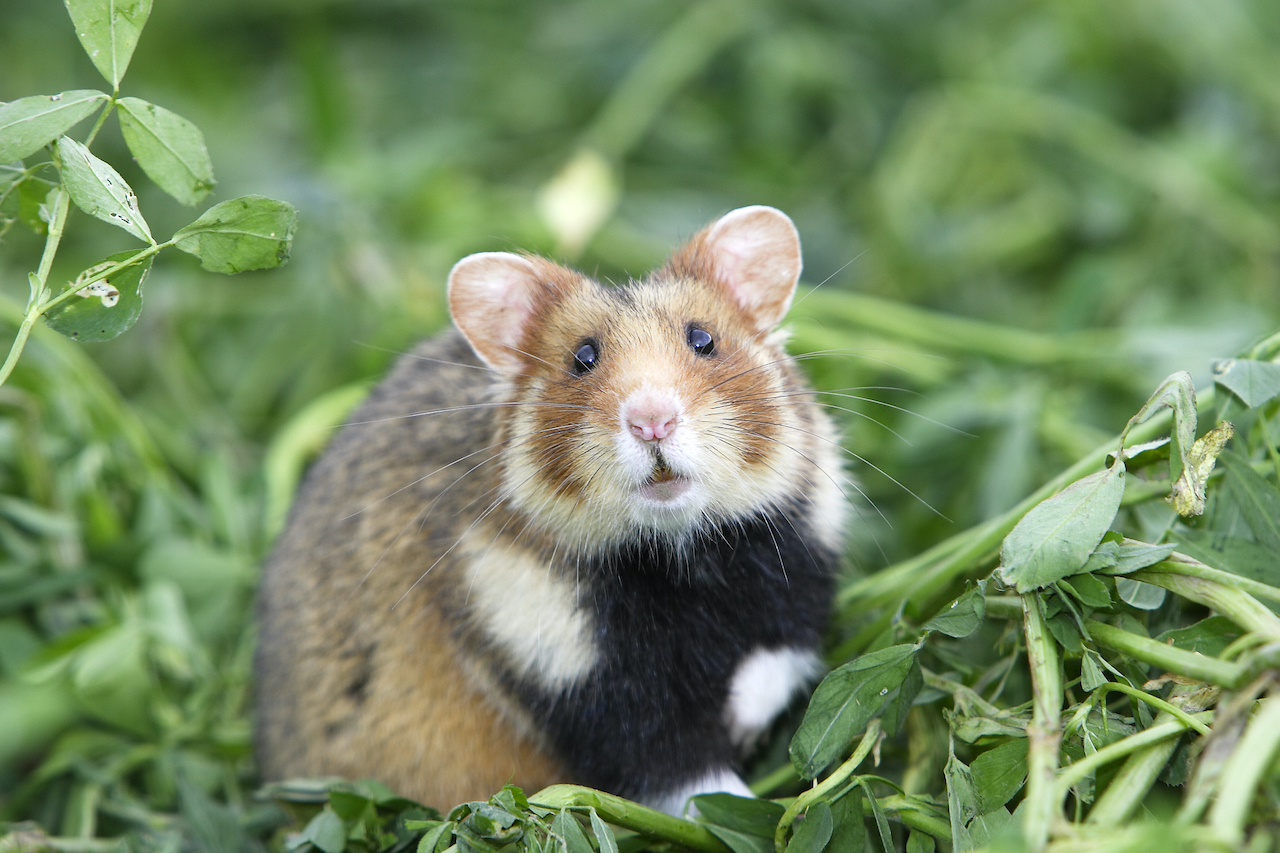
Hamsters: Diet, habits & types
By Alina Bradford, Ailsa Harvey published
Reference Hamsters are small rodents that are commonly kept as house pets.
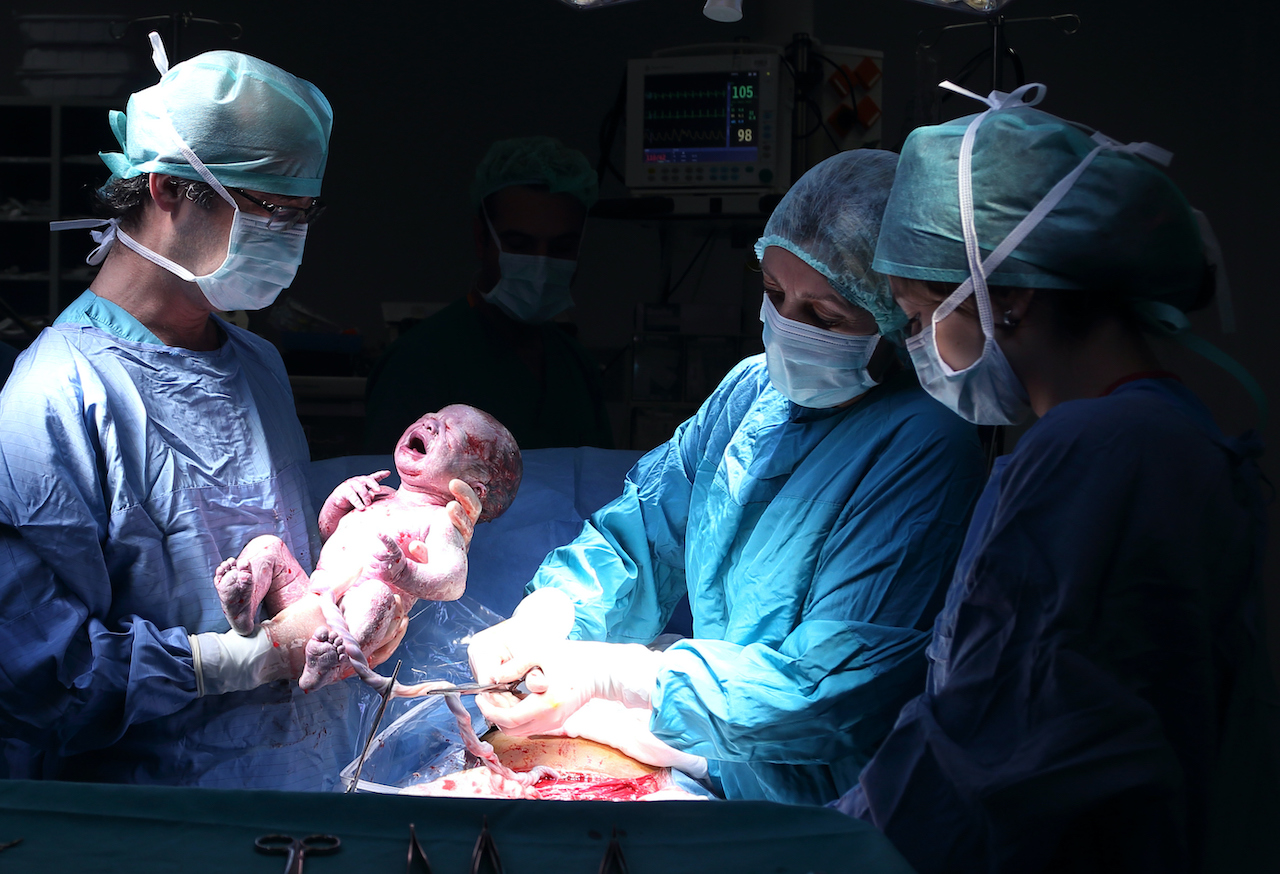
C-Section: Procedure & recovery
By Cari Nierenberg published
Reference A Caesarean section is a type of surgery used to deliver a baby through an incision in the mother's abdomen.
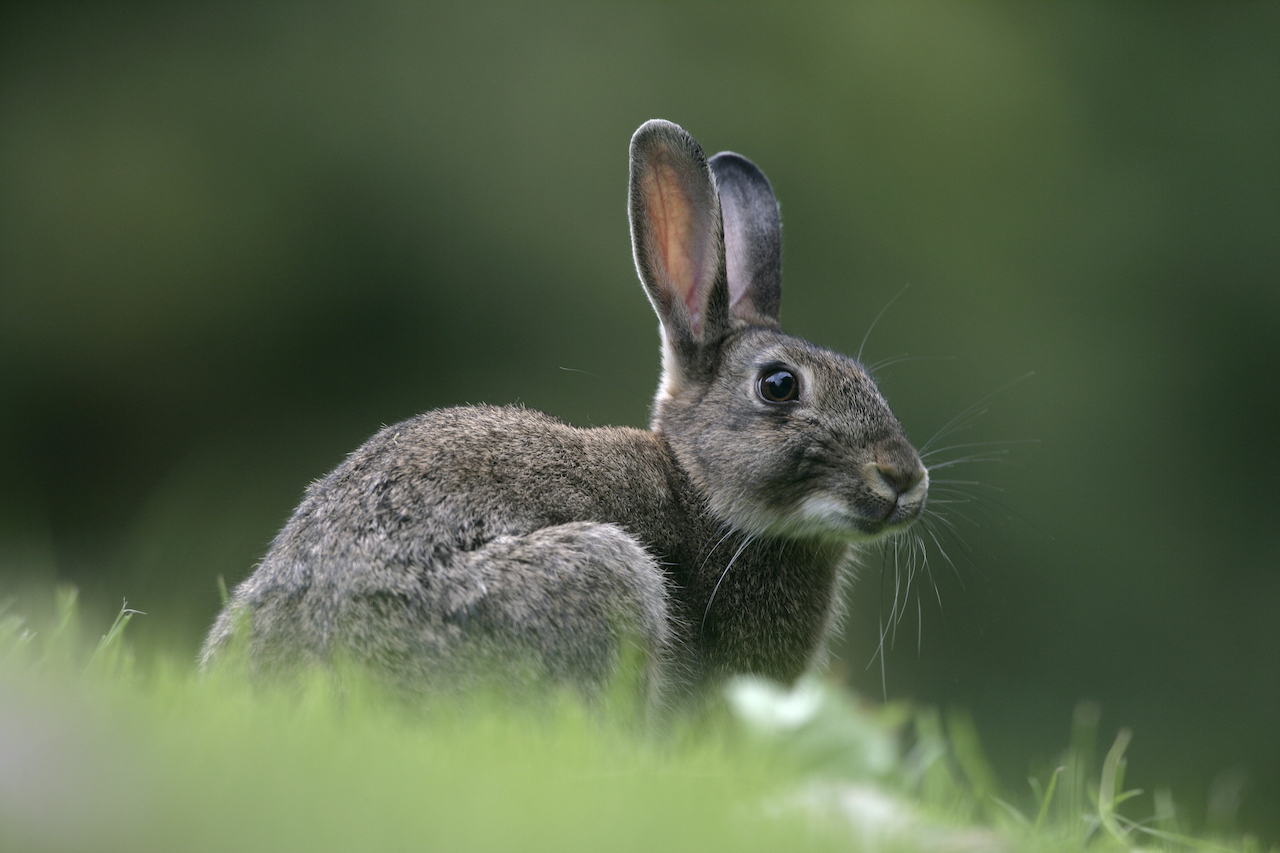
Rabbits: Habits, diet & other facts
By Alina Bradford published
Reference There are about 30 species of rabbits around the world. While their features and locations vary, they share many things in common.

Body after birth: 18 post-pregnancy changes to look out for
By Laura Geggel, Ailsa Harvey published
Reference Pregnancy transforms the body, and some of these changes remain after birth.
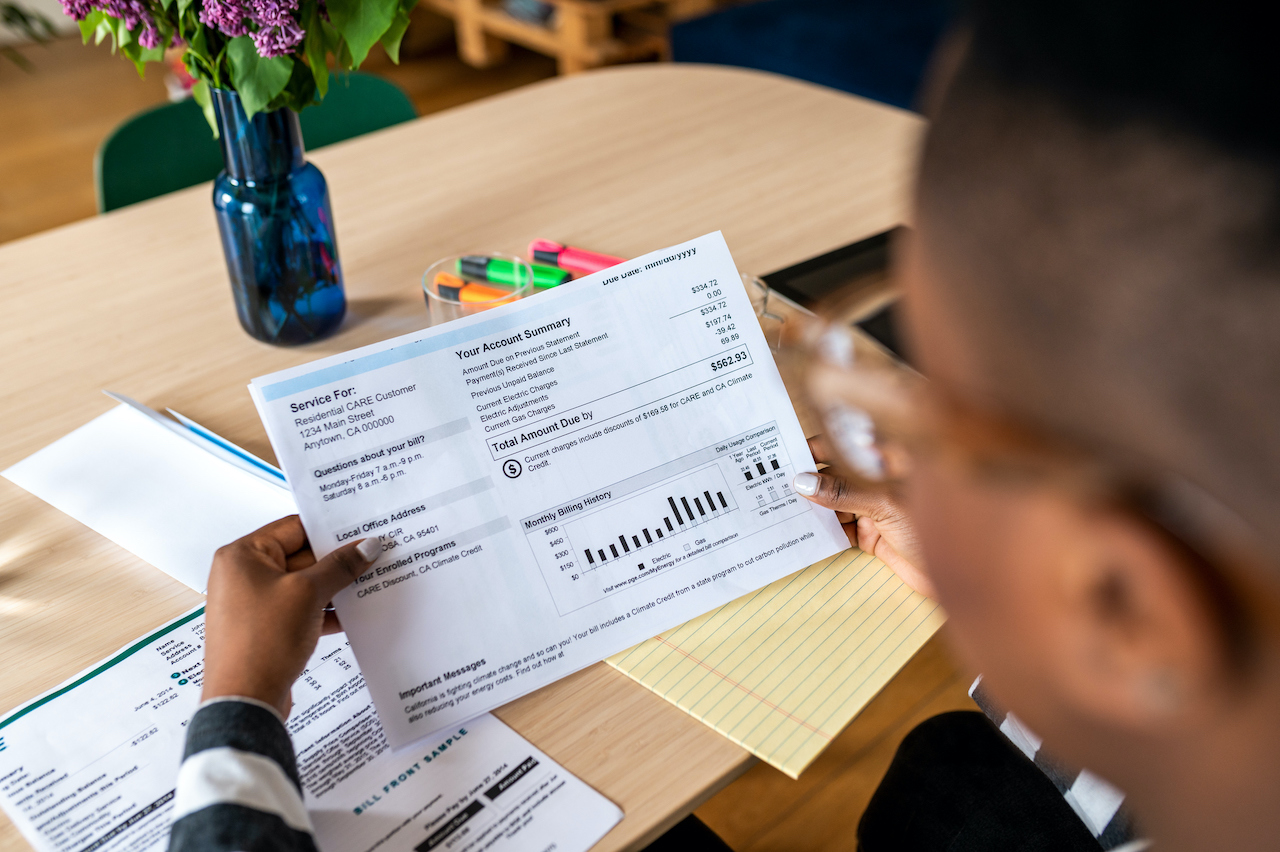
10 energy-saving life hacks: How to save on electricity bills & more
By Ailsa Harvey published
Countdown As energy prices soar, it can be difficult to keep control of your energy bills. These simple life hacks can help reduce your energy consumption and save money.
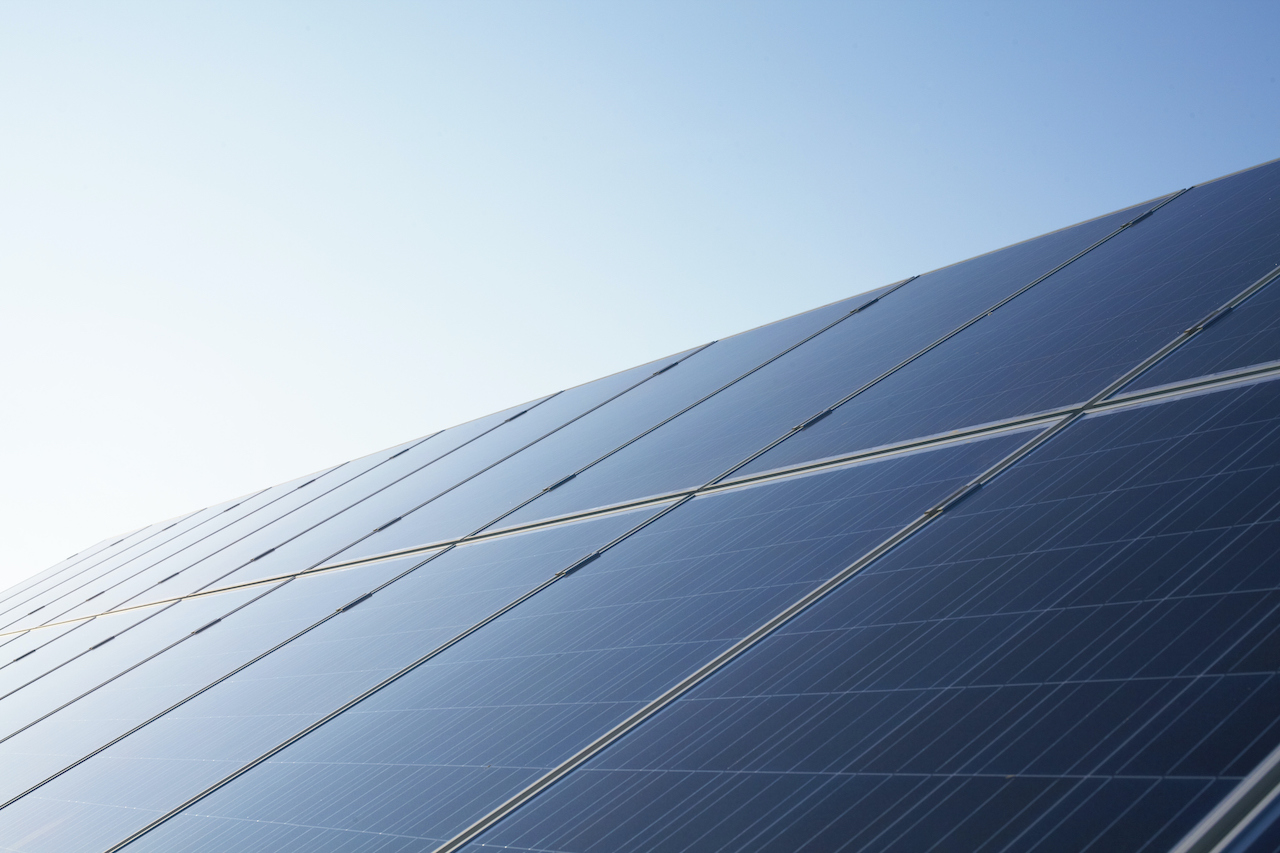
How do solar panels work?
By Michael Dhar, Ailsa Harvey published
Reference Solar panels convert sunlight into electricity, providing an alternative, renewable energy source

7 Roman inventions: Incredible feats of ancient technology
By Ailsa Harvey published
Reference For centuries the Roman Empire introduced new innovative technologies across the ancient world. Evidence of these Roman inventions and lessons still live on today.
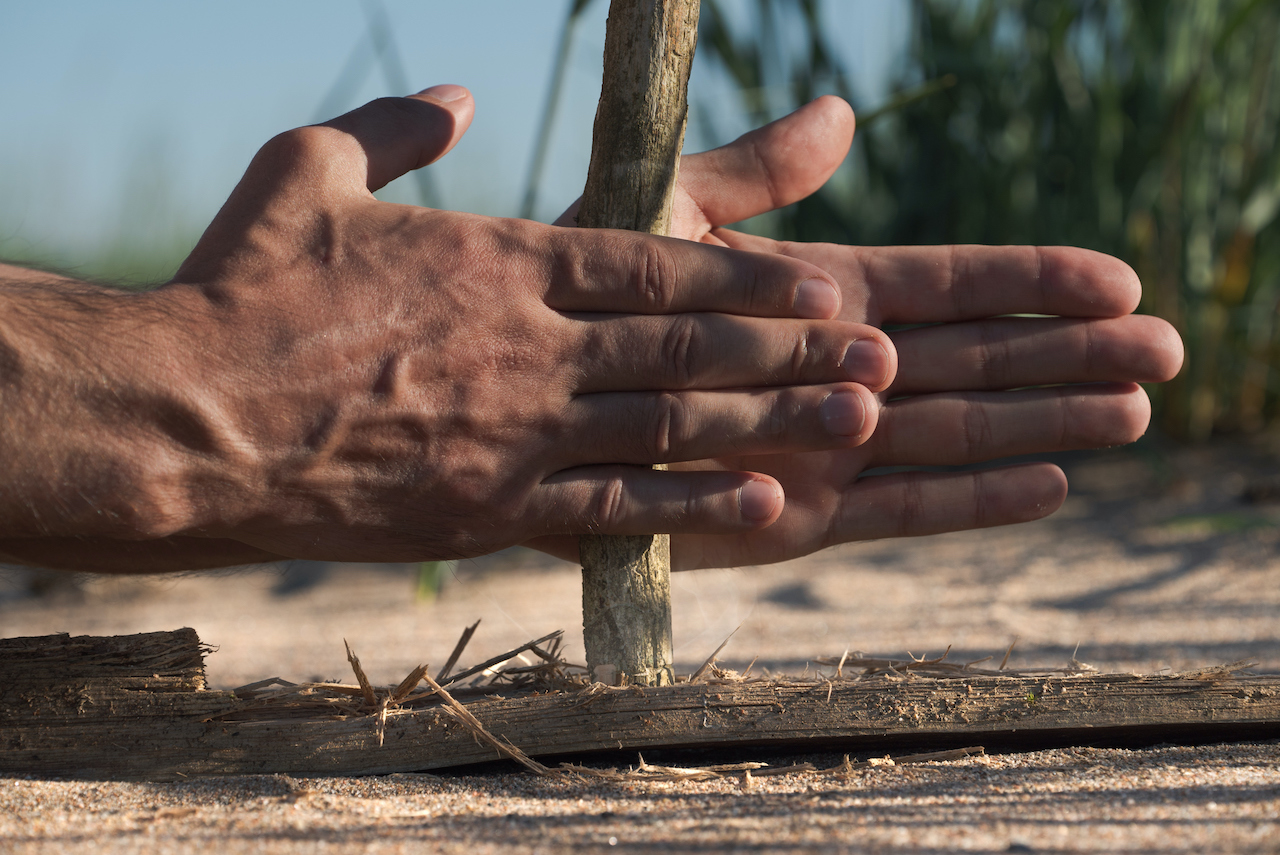
What is friction?
By Tia Ghose, Ailsa Harvey published
Reference Friction plays an important part in many everyday processes, such as converting the energy of motion into heat.

Male fertility: 10 tips for men trying to conceive
By Cari Nierenberg, Ailsa Harvey published
Reference There are several things a man can do to increase the chances that he will get a woman pregnant.
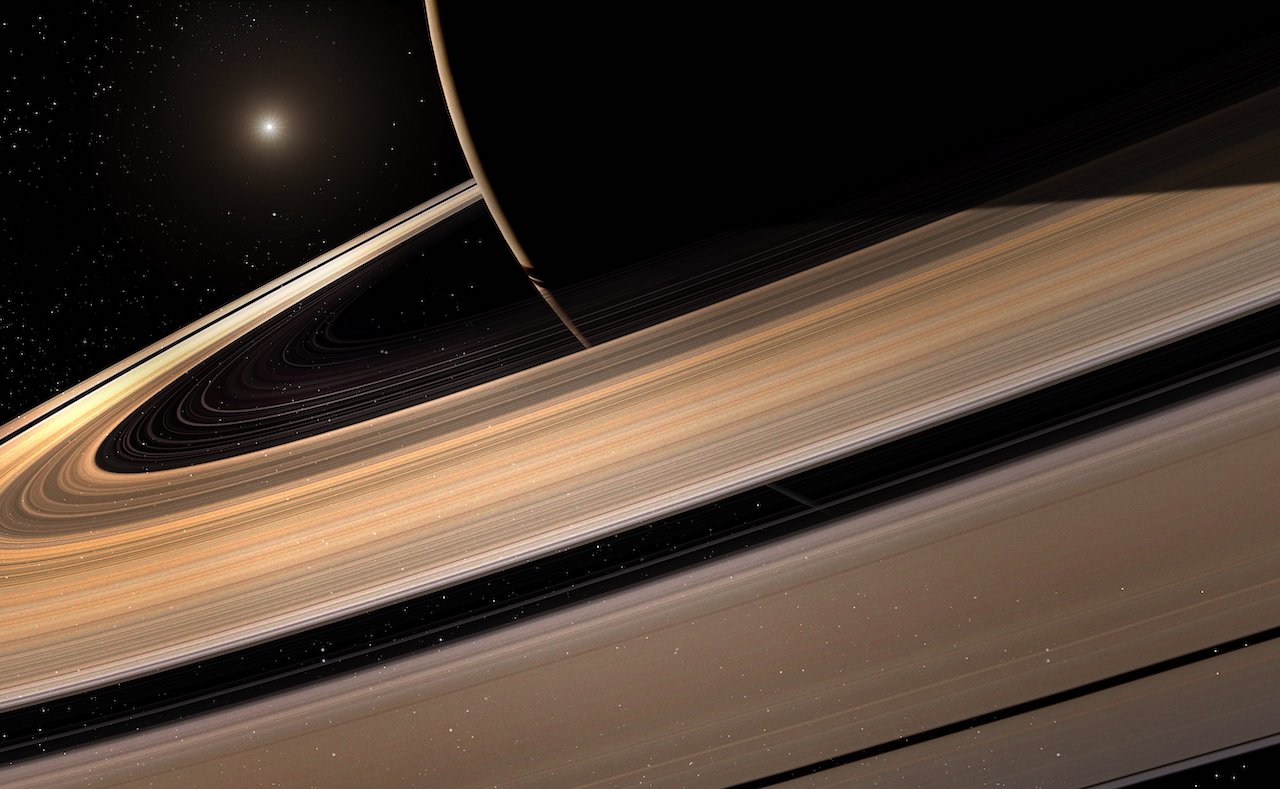
What are Saturn's rings made of?
By Ailsa Harvey published
Reference Saturn's rings have captured the attention of scientists for as long as they have been seen. Today, missions continue to teach us about these rocky rings.

Geoengineering: Can we control the weather?
By Ailsa Harvey published
Reference Geoengineering is the use of technology to alter Earth's climate. This can take place on Earth or in space
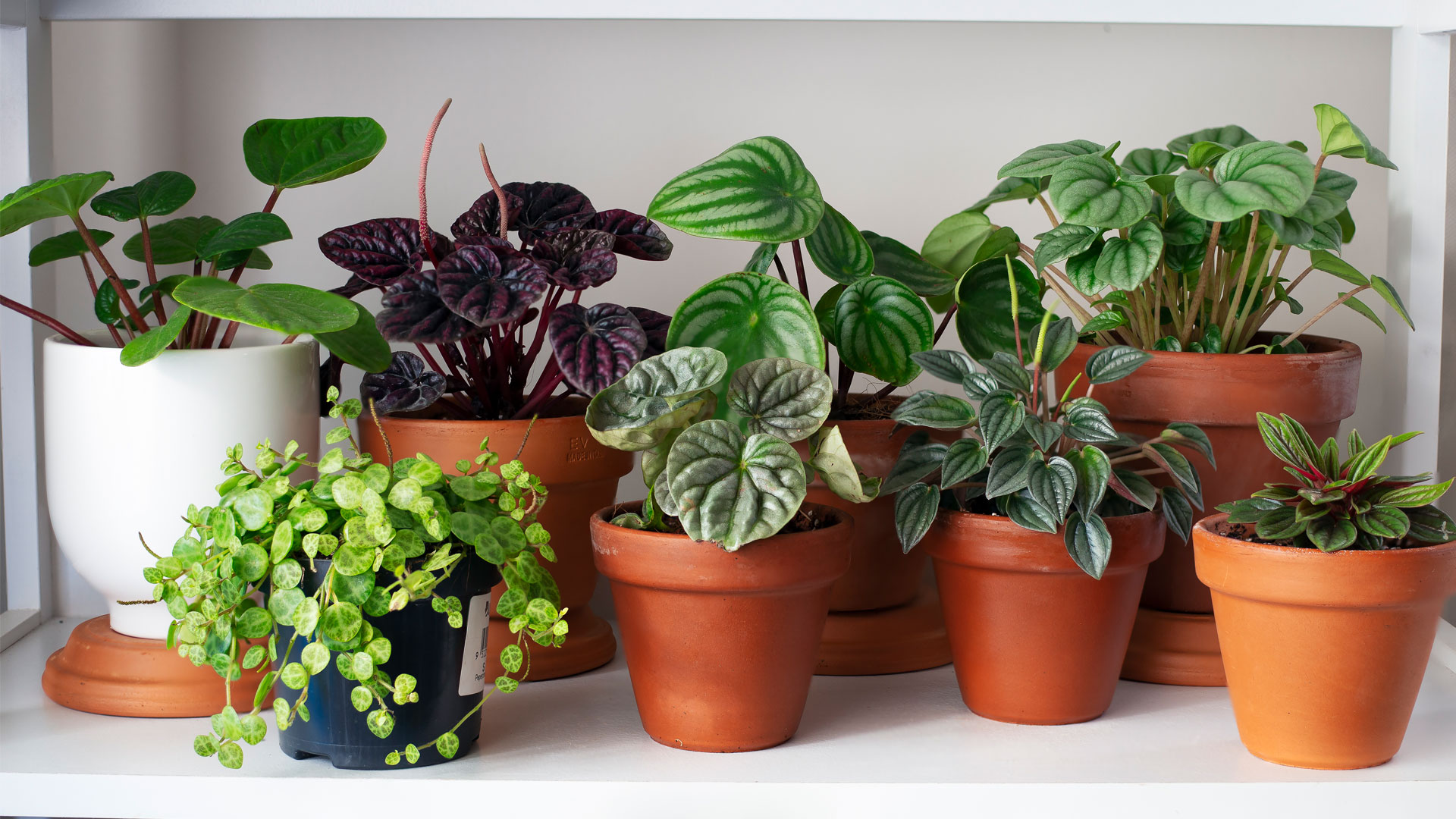
Do indoor plants purify air?
By Lawrie Jones published
REFERENCE House plants have become incredibly popular in recent years, but do indoor plants purify air? And to what extent?
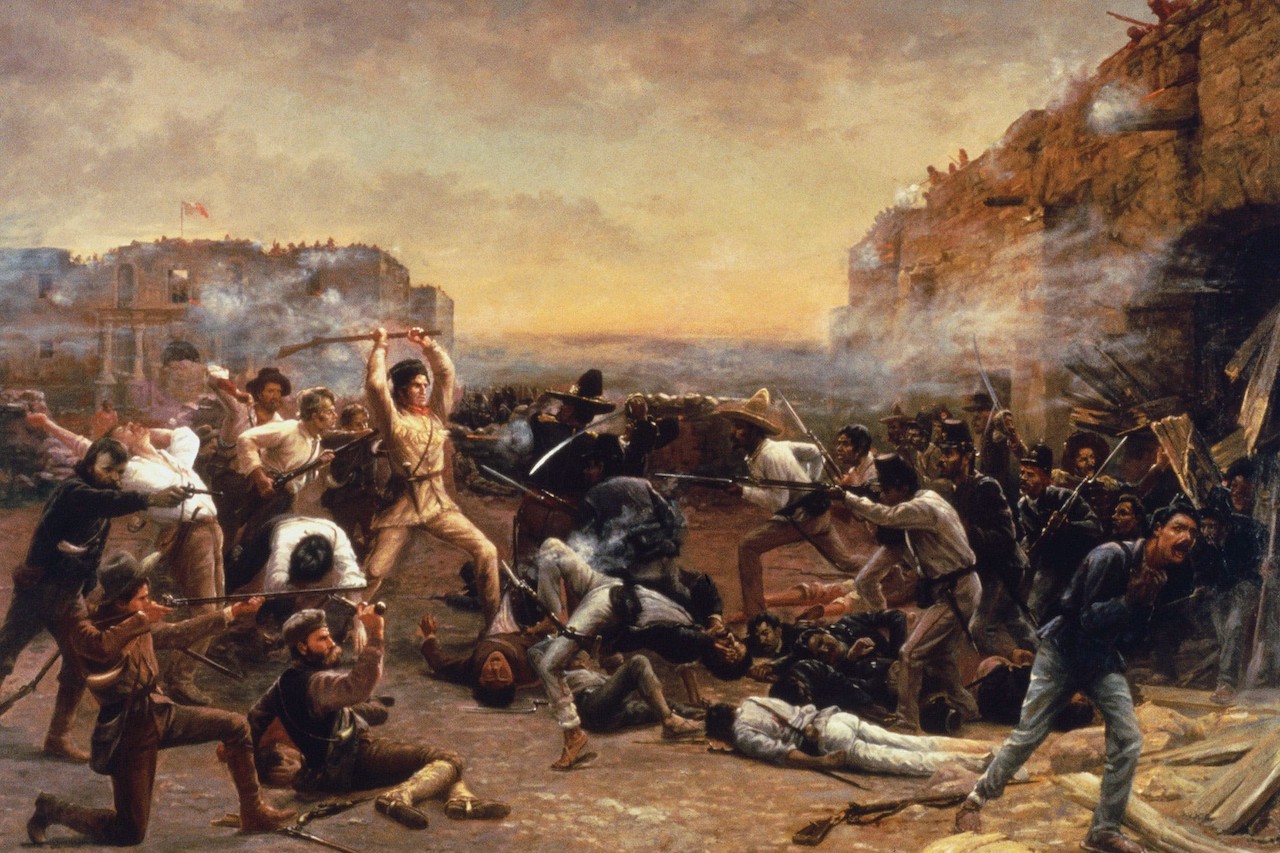
Battle of the Alamo: Background, events and aftermath
By Ailsa Harvey published
Reference In the Battle of the Alamo, outnumbered Texan rebels defended against a Mexican army during the Texas Revolution
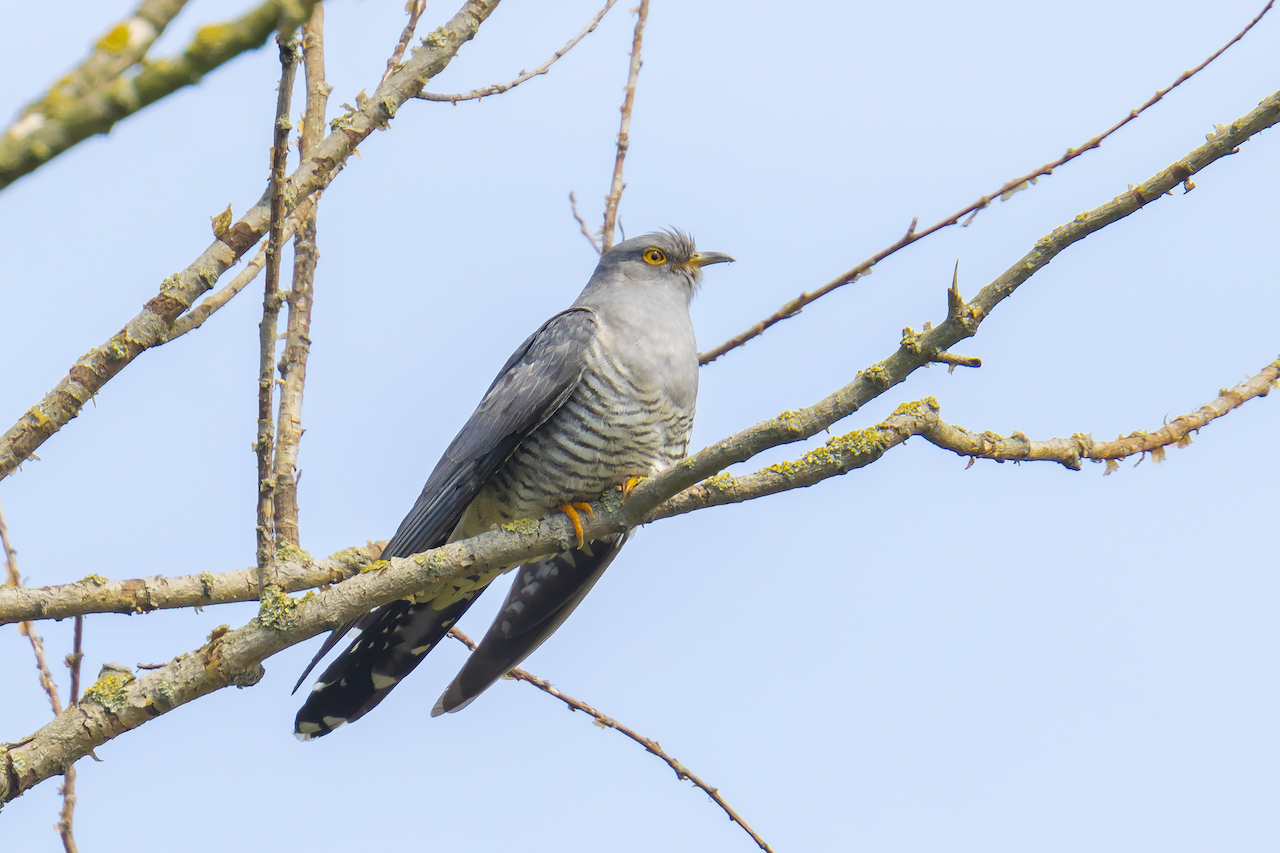
How do cuckoos trick other birds?
By Ailsa Harvey published
Reference Rather than raising their own offspring, cuckoos have perfected the art of deception.

What's the world's longest bridge?
By Katharine Gammon, Ailsa Harvey published
Reference Explore the incredible engineering behind the longest bridges in the world
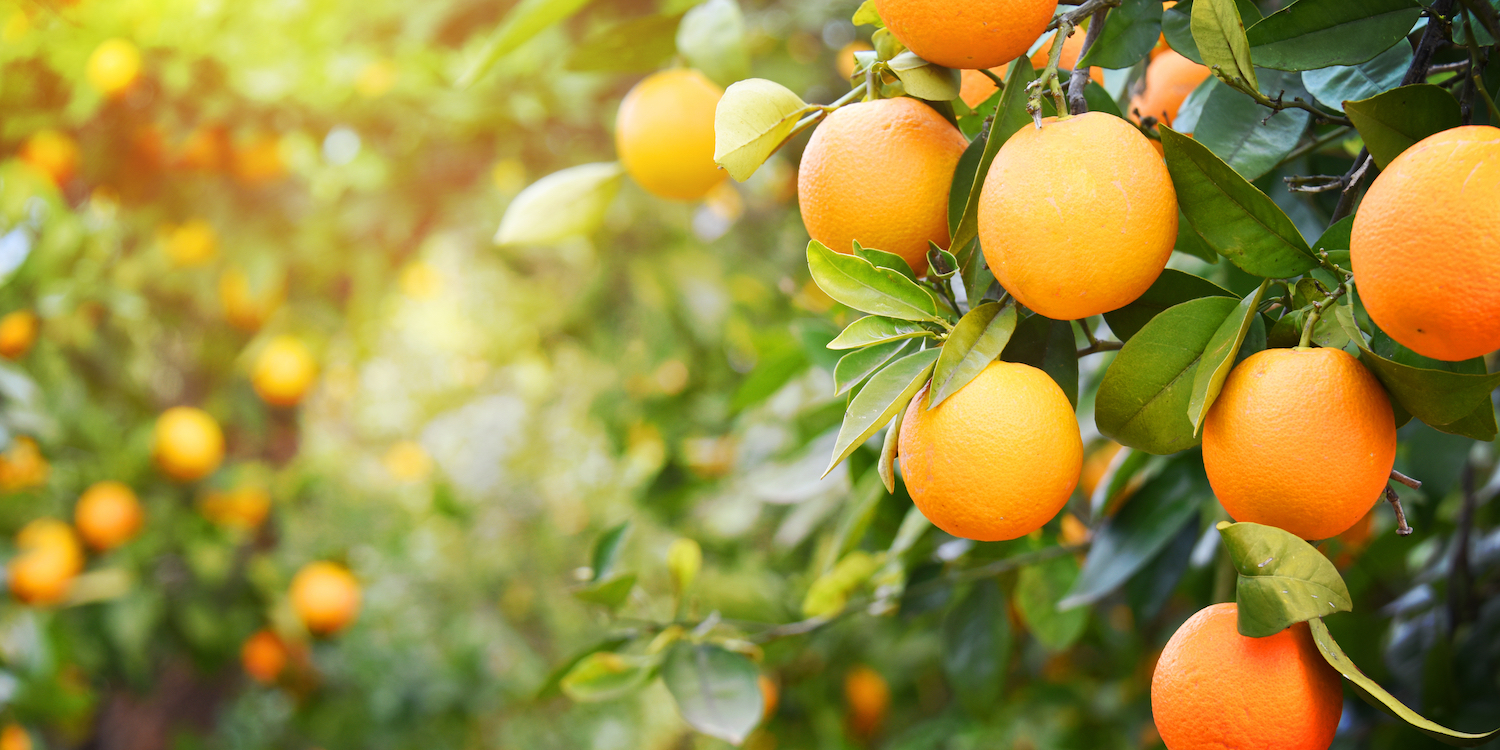
Oranges: Nutrition, health benefits & risks
By Jessie Szalay, Ailsa Harvey published
In addition to being a delicious snack, sweet, juicy oranges contain a multitude of nutrients.
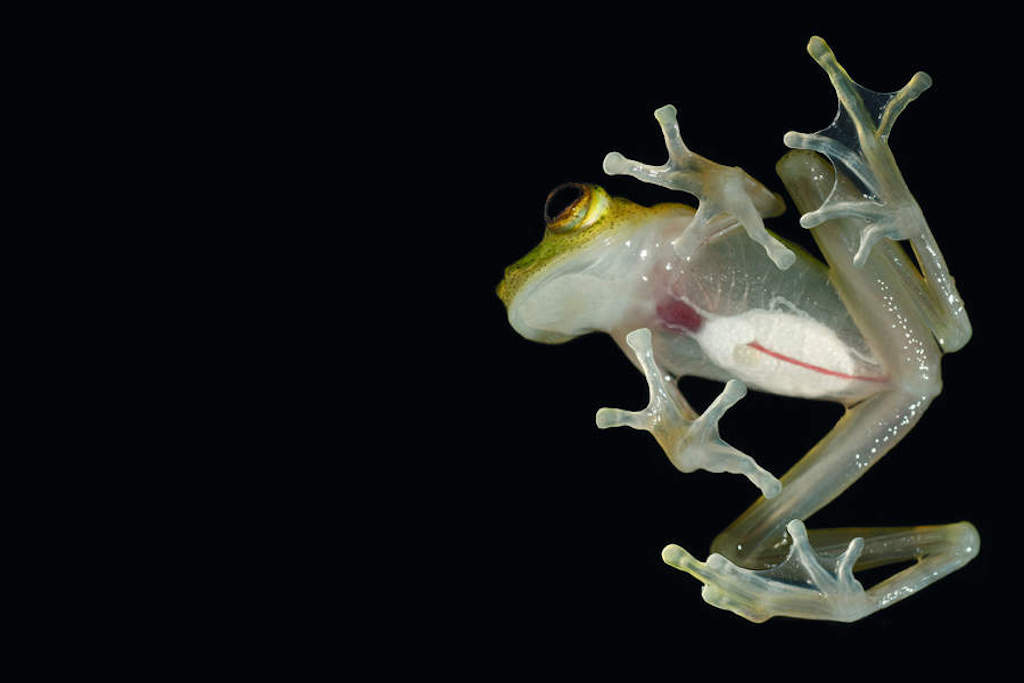
6 weird animals that evolution came up with
By Ailsa Harvey, How It Works magazine published
These creatures have evolved unique appearances, impressive superpowers, and some strange habits.
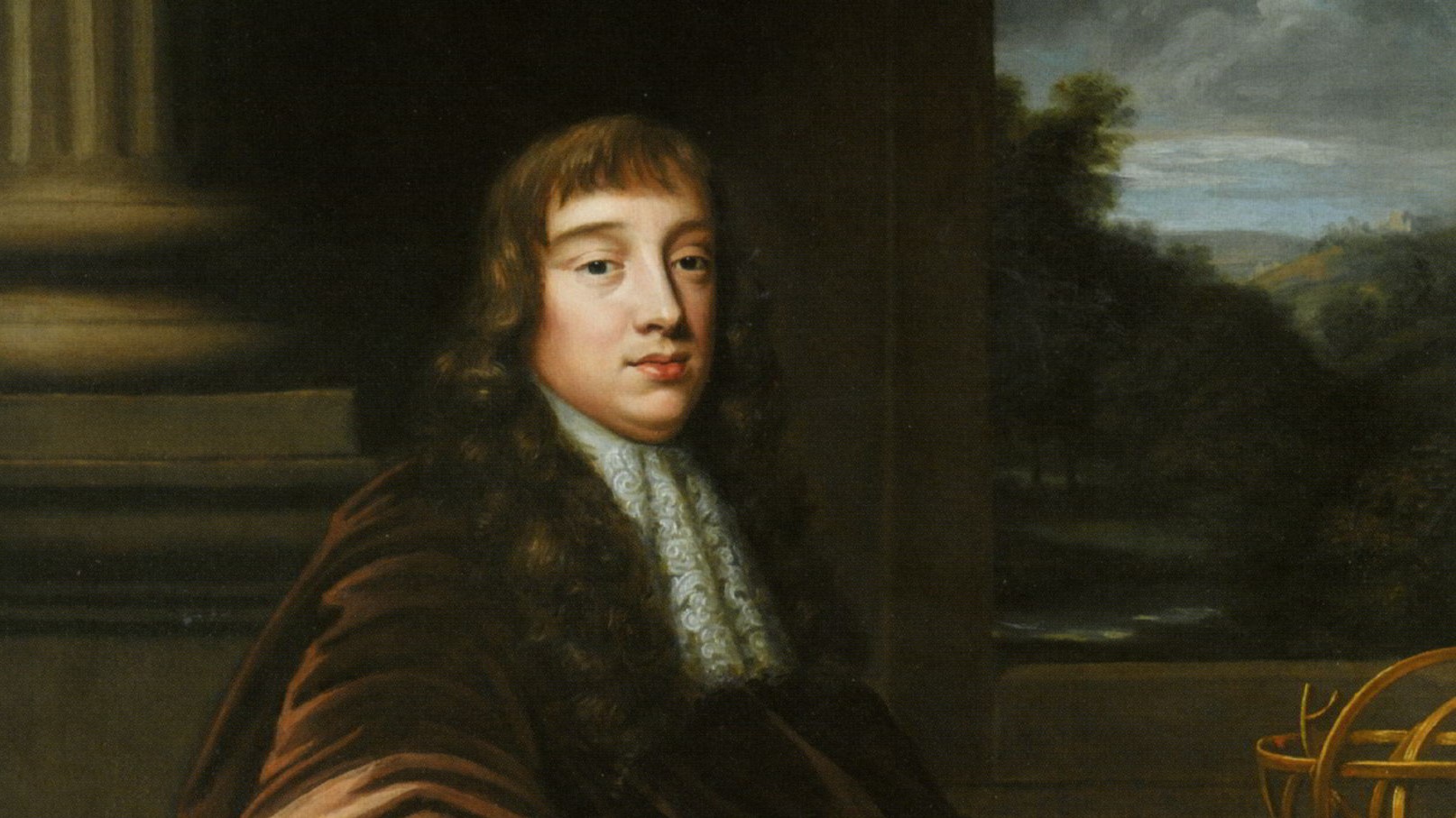
Robert Hooke: English scientist who discovered the cell
By Ailsa Harvey, How It Works magazine published
Robert Hooke was the English polymath who discovered the building blocks of all life.
Sign up for the Live Science daily newsletter now
Get the world’s most fascinating discoveries delivered straight to your inbox.

